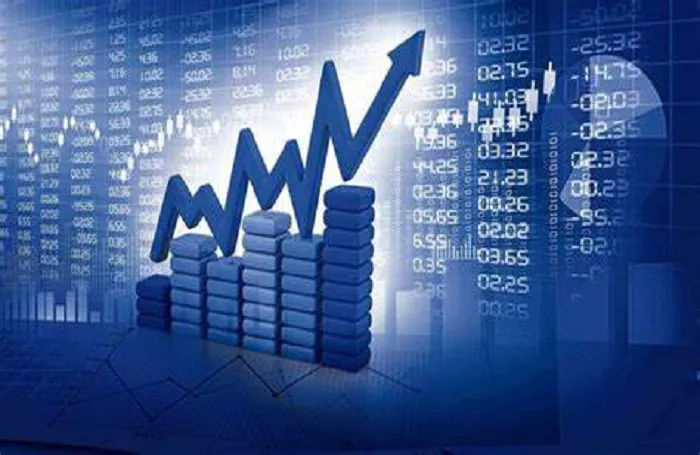The euro saw a modest rise on Monday, while stock futures in Asia experienced volatility following the expected victory of Germany’s conservative bloc in the national election. Investors are now focused on the potential for much-needed fiscal reforms as the political landscape in Europe’s largest economy begins to take shape.
The Christian Democratic Union (CDU) and its Bavarian ally, the CSU, secured 28.5% of the vote, according to projections released by ZDF broadcaster late on Sunday. The right-wing Alternative for Germany (AfD) trailed with 20.5%, leaving market participants to weigh the potential outcomes for Germany’s fiscal policy and economic direction.
The euro was trading 0.3% higher at $1.0491, after reaching a peak of $1.05 earlier in the session. Meanwhile, European stock futures exhibited choppy trading, with the EUROSTOXX 50 fluctuating between gains and losses before settling 0.07% higher. DAX futures rose 0.24%, after briefly dipping 0.1% at the open. Bund futures showed little movement.
The central issue for analysts is how quickly the CDU/CSU can form a coalition government that will push through critical reforms aimed at stabilizing Germany’s sluggish economy. Frederik Ducrozet, Head of Macroeconomic Research at Pictet Wealth Management, pointed out that “market-friendly coalitions,” such as a continuation of the Grand Coalition or a potential alliance between the CDU, the Social Democrats (SPD), and the Greens, remain plausible.
The AfD’s performance, while strong, did not exceed expectations, which analysts believe supports the outlook for economic reform. The crucial question now revolves around whether Germany will reform its “debt brake” — a constitutional limit on structural deficits that has been blamed for years of underinvestment in the economy.
Germany’s economy, which contracted for the second consecutive year in 2024, faces growing concerns that the debt brake has stymied necessary public investment. Although markets have shown limited expectations for reform, recent calls for increased defense spending have spurred speculation that fiscal policy could shift. The outcome of the election will also be pivotal in determining how Europe funds its defense needs, potentially requiring hundreds of billions of euros in new spending.
The premium Germany pays on long-term debt relative to short-term borrowing has reached levels not seen since early 2022, signaling investor anxiety over the country’s fiscal trajectory. A reform to the debt brake could support both the euro and eurozone stocks, which have lagged behind U.S. markets despite recent gains in Europe’s benchmark STOXX 600 index.
Domestically, Germany’s midcap stock index, the MDAX, could outperform the export-driven DAX if a positive economic sentiment emerges from the election results. However, analysts remain cautious about the potential influence of the AfD, which opposes any changes to the debt brake, and the neoliberal Free Democrats (FDP), who also stand against reform.
Exit polls suggest the FDP may struggle to cross the 5% threshold needed to enter parliament, adding uncertainty to coalition negotiations. “The big unknown is whether the leading parties will have enough seats to reform the debt brake,” noted Jan von Gerich, Chief Market Strategist at Nordea. He added that the formation of a viable coalition will be key to shaping Germany’s fiscal future and addressing market concerns.
The election’s outcome also hangs on the number of smaller parties that enter parliament, which could determine whether a two-party coalition is feasible or whether a third partner, such as the Greens or FDP, will be needed. This could prolong coalition talks and add to market uncertainty in the near term.
Related topics:
XPS Poll: Majority of Fund Managers Expect US ESG Pushback to Impact European Markets
Hedge Funds and the Role of Leverage in Returns


